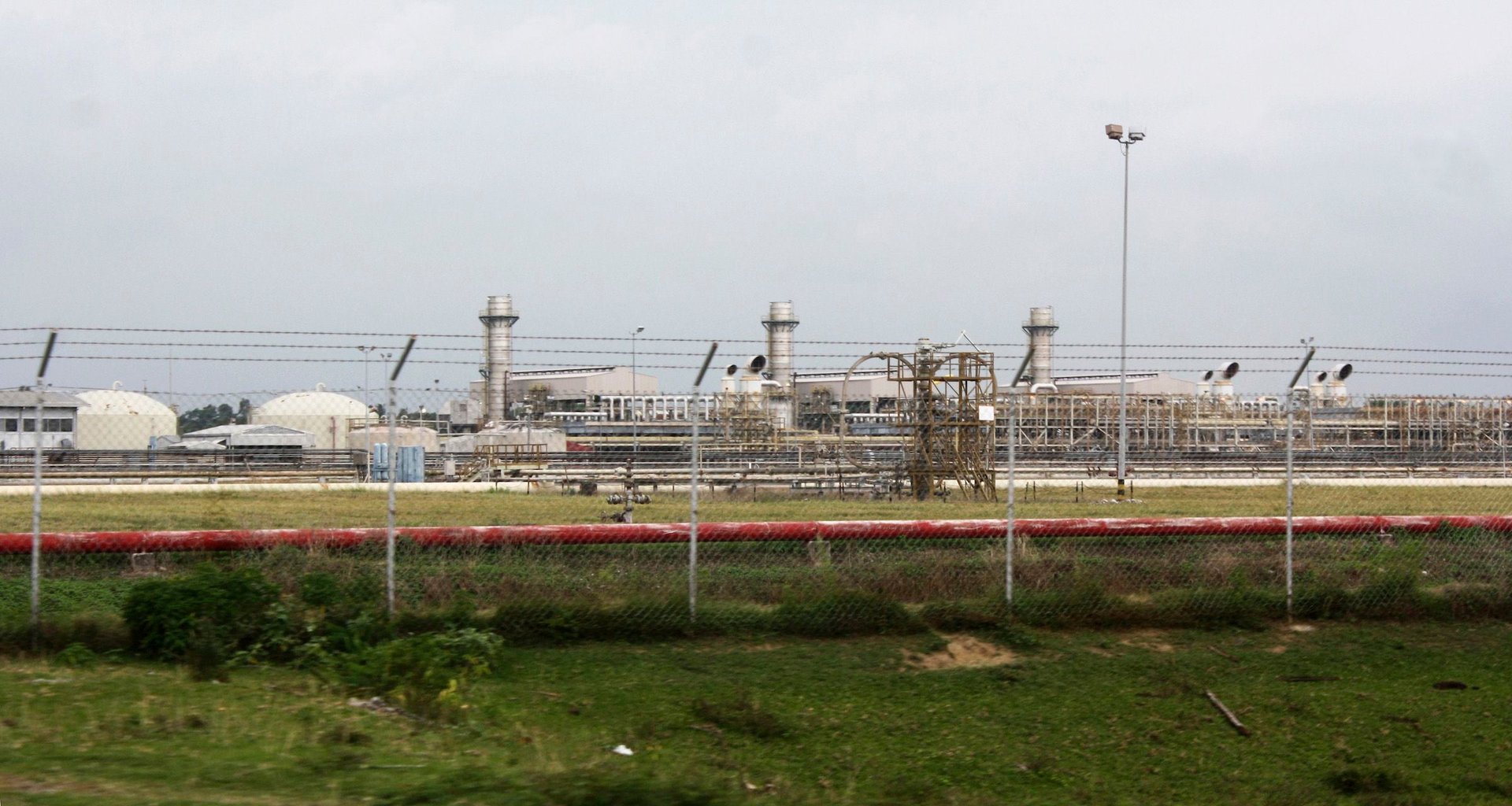An Exxon scientist says the company knew about climate change in 1981—and still funded deniers
Lenny Bernstein, Exxon’s former in-house climate expert, has asserted in an email that the oil company knew about climate change as early as 1981—seven years before the phenomenon came to the attention of the general public. The company has since reportedly invested millions in climate change denial.


Lenny Bernstein, Exxon’s former in-house climate expert, has asserted in an email that the oil company knew about climate change as early as 1981—seven years before the phenomenon came to the attention of the general public. The company has since reportedly invested millions in climate change denial.
In the email, which was sent in response to a query from Alyssa Bernstein, the director of the Institute of Applied and Professional Ethics at Ohio University (and no relation), Bernstein offered some unusually straight talk from someone who worked for years within the energy industry:
Corporations are interested in environmental impacts only to the extent that they affect profits, either current or future. They may take what appears to be altruistic positions to improve their public image, but the assumption underlying those actions is that they will increase future profits. ExxonMobil is an interesting case in point.
Exxon, the world’s biggest oil company, undertook the research on climate change while considering developing the massive Natuna gas fields off of Indonesia, Bernstein’s email explains.
When the company discovered that the reserve of natural gas was 70 percent carbon dioxide—the primary greenhouse gas and a main driver of climate change—it abandoned the project, Bernstein says. If it had been developed, the field would have been the single largest climate change driver on earth at the time, Bernstein says in his email.
But he does not attribute Exxon’s decision to forgo Natuna to altruism:
In the 1980s, Exxon needed to understand the potential for concerns about climate change to lead to regulation that would affect Natuna and other potential projects. They were well ahead of the rest of industry in this awareness. Other companies, such as Mobil, only became aware of the issue in 1988, when it first became a political issue. Natural resource companies – oil, coal, minerals – have to make investments that have lifetimes of 50-100 years. Whatever their public stance, internally they make very careful assessments of the potential for regulation, including the scientific basis for those regulations. Exxon NEVER denied the potential for humans to impact the climate system. It did question – legitimately, in my opinion – the validity of some of the science.
A project by the environmental advocacy group Greenpeace, called Exxon Secrets, claims that Exxon has since invested over $30 million in climate-change-denying think tanks and research. The Guardian has reported that even efforts by members of Exxon’s founding family, the Rockefellers, failed to convince the company to move away from denial and toward clean energy in 2004.
Bernstein’s email was included in a July 8 report by the Union of Concerned Scientists, entitled Climate Deception Dossiers—which focused on the big oil companies ExxonMobil, BP and Shell.
Quartz has reached out to ExxonMobil for comment on the email, and will update this post with any response.
An ExxonMobil spokesman told the Guardian that the company now acknowledges climate change as a risk. “The science in 1981 on this subject was in the very, very early days and there was considerable division of opinion,” the newspaper quotes Richard Keil as saying. “There was nobody you could have gone to in 1981 or 1984 who would have said whether it was real or not. Nobody could provide a definitive answer.”